'Wolf': A Powerful, Though Uneven, Film About The Dark Side Of Mental Health Therapy | Movie Review
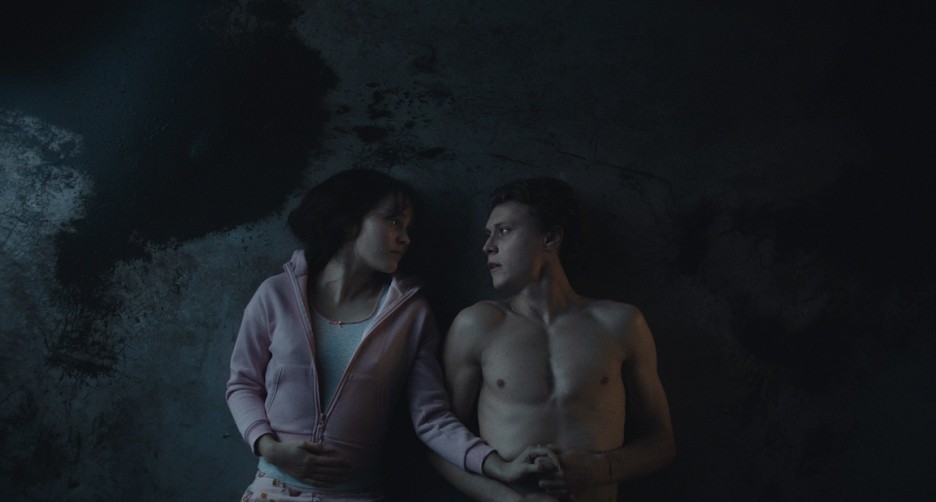
In the new psychological drama Wolf, writer/directed by Nathalie Biancheri explores the darker side of mental rehabilitation in an interesting, and, at times, disjointed approach to its subject matter.
The film, which stars Lily-Rose Depp and George MacKay, revolves around a specialized medical facility that specializes in species dysmorphia, a condition where the patient believes they were born the wrong species. In the opening scene we are introduced to Jacob, a quiet young man who is being admitted to the clinic because he believes he is a wolf, so much so that he was driven to attack someone. We are quickly introduced to the world of the film, an almost atrium like place with fake foliage and ponds built inside to make the patients feel more at ease while transitioning back to their human personas.
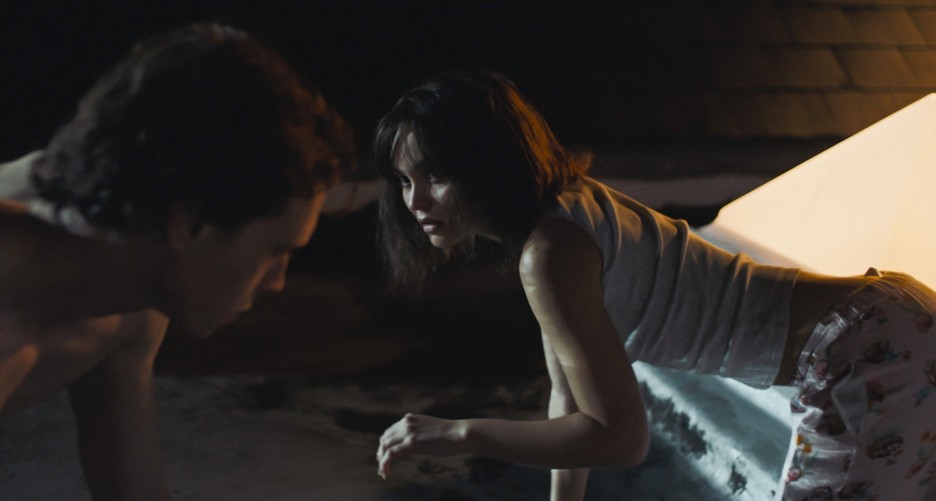
Early on, Jacob tries hard to suppress his urges to walk on all fours and howl at the moon, following the advice of his seemingly friendly doctor played by Eileen Walsh, who brings a subtle "almost too nice to be real" vibe to the role. As the days go by, Jacob does his best to follow the program after being warned by a happy-go-lucky fellow patient who believes he is a German shepherd, that if he misbehaves he would be forced to work with the head doctor, nicknamed The Zookeeper (Paddy Considine).
While there, Jacob begins to form a romantic kinship with Wildcat (Lily-Rose Depp), a young woman who thinks she is a cat and has been a patient since her early childhood. Raised by Eileen Walsh, Wildcat has more privileges than the others, allowing her and Jacob to access secluded areas at night in order to play out the animalistic urges they are being conditioned to repress. In that time, their bond grows stronger, testing their human side through their deepening feelings for each other.
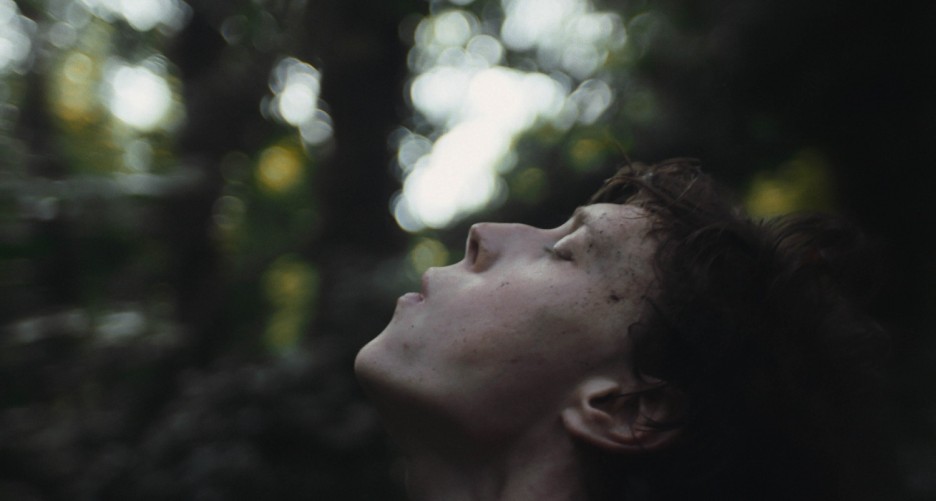
After Jacob attacks a fellow patient for bullying a child who pretends to be a duck, a practice seen as acceptable because of how human the bully is acting, The Zookeeper begins to make Jacob his special project. The therapy sessions involve a variety of humiliating acts like reading aloud from their personal journals, walking them on leashes, and forcing the young people to prove they are animals through tortuous means that lead to physical and mental harm. On one such occasion, The Zookeeper taunts a boy who thinks he is a squirrel to climb a tree until his fingernails break. A visceral image which solidifies the cruel power The Zookeeper holds over them.
As Jacob and Wildcat's relationship blooms, their need to act animalistically begins to overtake them, making life with The Zookeeper more unbearable, leading Jacob to be locked in a cage and mentally abused by the sinister doctor. These behind the scenes methods of therapy are juxtaposed with the nurturing front put on for the parents when they come to visit, constantly reassuring and manipulating the situation in favor of The Zookeeper.
This back and forth comes to a head in the third act when extreme measures are taken, leaving Jacob bound, gagged, and physically abused for days on end. All the while, Wildcat's past reveals an almost Stockholm Syndrome she has developed with her seemingly kind, yet dismissive, mother-figure played by Walsh, who has conditioned her to believe that she cannot survive outside the walls of the facility.
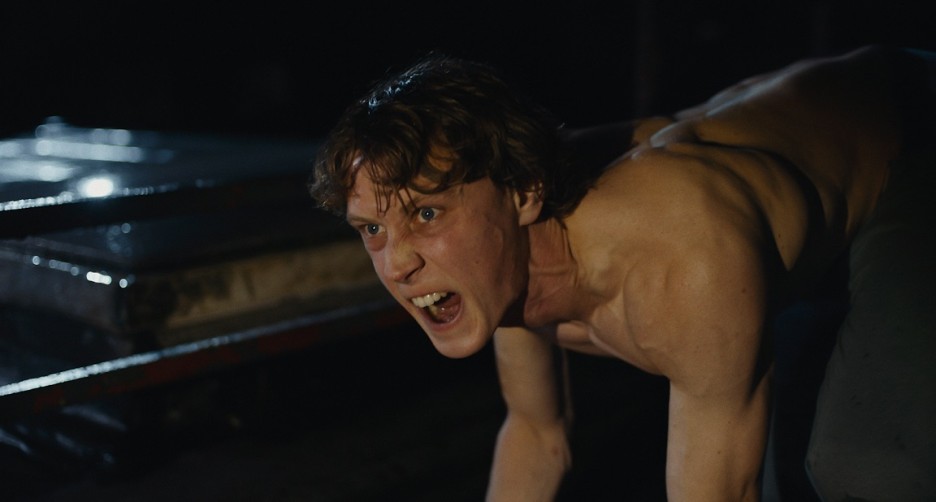
Not to delve too much further into spoiler territory, the events of the final conclusion will go undiscussed but with one caveat, the ending fails to stick the landing it sets up throughout the narrative, leaving many unanswered questions which would have benefited the audience, and the story, as a whole.
Not to say the film wasn't good. It does what it sets out to achieve by engulfing the viewer in the painful existence the patients have thrust upon them. This, unfortunately, doesn't solve any of the issues raised. It only creates more questions to be answered by the time credits roll.
What is very interesting when dissecting the film, is the allegory, which is not necessarily the intent of the film maker, per say, though it can be felt throughout. The Zookeeper and his methods play with an eerie similarity to how homosexual youths are involuntarily put into Gay Conversion Therapy in some Evangelical sects. This constant forced denial of urges feels almost textbook to how church run camps have abused the children of their congregation through psychological and physical torture in the pursuit of what their belief system deems normal.
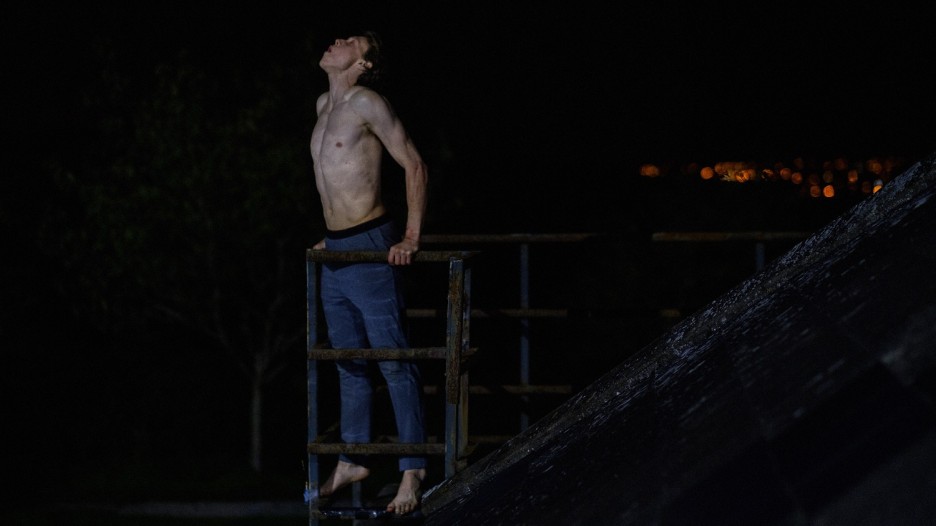
Unpacking that concept when looking back on Wolf feels contradictory in a way. Whereas when this kind of brainwashing is used on children questioning their natural sexuality, being told it is wrong and dangerous, which it is obviously not, doesn't work when you are talking about a person who wants to run naked through the woods as an animal leaving them at the mercy of the elements, dangerous creatures, or even people who might try to do them harm for being different. In the case of someone acting as a wolf, living that lifestyle could lead to serious bodily harm, unlike a person trying to live their truth as a member of the LGBTQ Community.
Maybe this is just one critic looking too deeply into the underlying themes of a film, which for all of its powerful imagery, excellent performances, and engaging narrative, still leaves many a plot-hole in its wake. Wolf is a good, not great, character study which is more of a recommendation to watch than it is not.
© 2026 Enstarz.com All rights reserved. Do not reproduce without permission.






